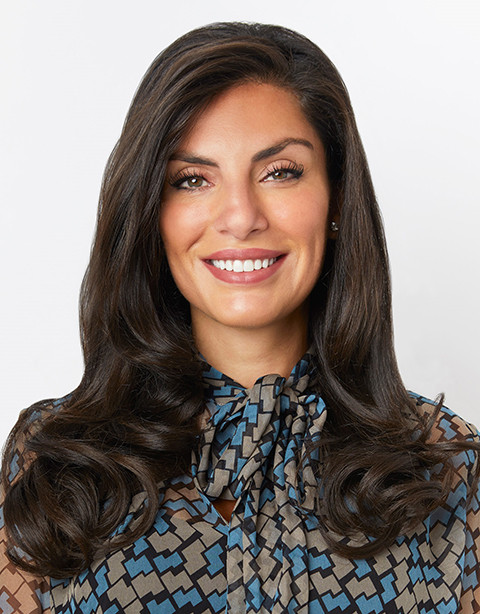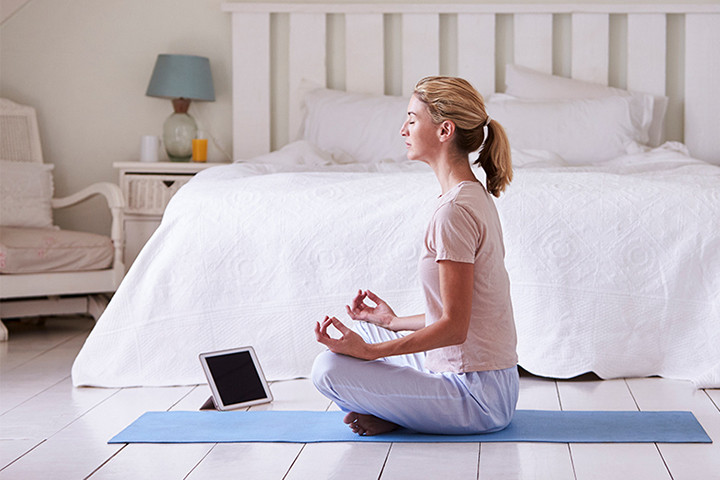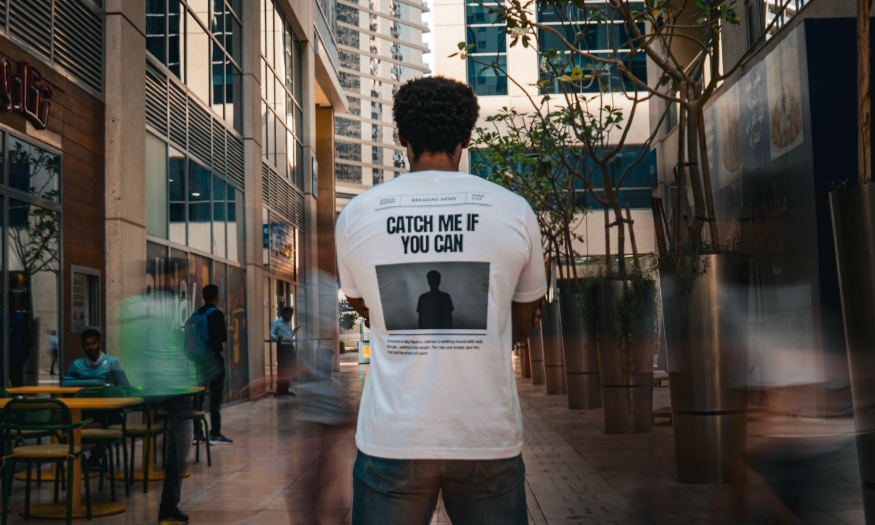Mental toughness, resiliency, emotional agility, thriving… call it what you want….it is something we could all use more of these days.
A global pandemic can make the most balanced human being feel out of balance. This is because our basic human needs of food, clothing, shelter (and toilet paper) as well as our safety needs and our freedom of choice feel compromised. It is VERY normal to feel anxious at this time. However, feeling anxious and letting it control you are two separate things.
It is important to note that we do not want to get rid of our anxiety/fight or flight response. If we have too little anxiety, we would be roaming the streets giving everyone a high five right now, but if we have too much anxiety, we are probably in a state of panic, buying up all the toilet paper. The goal is not to get rid of it, but to manage it.
So, how is it that you can control your anxiety and worries rather than letting them control you?
1. Know that you are wired to be anxious. Human beings have survived this long because we are wired to detect danger. When we feel threatened, our ‘fight or flight’ response kicks in and we are ready to take on or run from the danger. However, when the threat is invisible, and there is a global lockdown, it does not help to have the fight or flight system switched on for the foreseeable future. You will need to take active control of this fight or flight system.
2. Breathe 4-7-8. The fastest way to shut off the fight or flight response is to breathe in for 4, hold for 7, and out for 8. This will regulate your breathing pattern and send signals to the parasympathetic / ‘rest and digest’ system to turn on, which turns off the sympathetic system/ ‘fight or flight response’. You can also down the app Breathwrk and it can guide you through some breathing exercises to calm your anxiety.
3. Name the feeling to tame the feeling. When a person is experiencing intense emotions their amygdala/emotional brain has taken over. When you name the feeling “I am worried about my finances” or “I feel anxious about how long I will be in lockdown” the neocortex/thinking brain sends calming signals to the amygdala and the feelings lose their intensity. When the brain has calmed down, it is better able to problem solve.
4. Do something you have control over. Actions counteract fear and turn off the fight or flight response. When you do something about anything, your mind gets signals that you are in control. This is also the reason why many people are going out and panic buying because it makes them feel that they are more prepared. I do not suggest panic buying, however, I do suggest exercise and eating right. When you feel more in control of your physical body, your weight, what you put in your body and what you do with your body, your mind follows the lead and also feels in control.
5. Be a realistic optimist– Yes, there are many things that are out of our control and many things we cannot change, but we can make a choice about how to respond. Challenge the story you are telling yourself about the crisis—is there a more positive way to tell this story? Instead of saying “I am going to avoid corona” try saying “I am going to take all the precautions, and focus on building my immunity” or instead of saying “I am going to socially isolate” try saying “I am staying indoors” and “I am staying safe.” You say the same thing, but your language will change the mindset from being fear based to one that of a realistic optimist.

DR. SALIHA AFRIDI, PsyD (US)
CLINICAL PSYCHOLOGIST
Managing Director
Dr. Saliha Afridi is a clinical psychologist. She is also the founder and Managing Director of The LightHouse Arabia, a community wellness center in Dubai.
Dr. Afridi earned her Bachelor’s Degree from the University of Michigan, Ann Arbor, and her Master’s and Doctorate Degrees in Clinical Psychology from the Arizona School of Professional Psychology in Phoenix. Her clinical training has been as a generalist working with children, adolescents, and adults on a range of diagnoses. Her expertise is in parenting, as well as burnout within the workplace sector.
Dr. Afridi moved to the UAE from the United States 11 years ago to make a positive impact on the mental health of the region. She established The LightHouse Arabia, which is now one of the largest mental health centers in the UAE. Her mission was to make mental health services accessible to the UAE community. Since its founding in 2011, Dr. Afridi and her team have contributed thousands of hours to the community, free of charge, to educate and raise awareness on best practices for mental health and wellness. Her most recent achievement was bringing the internationally acclaimed Australian Mental Health First Aid to the UAE, where her team has trained over 1,000 mental health first aiders for early detection and treatment of mental health difficulties within their communities.
A frequent guest expert on radio and in print media, Dr. Afridi spends extensive time consulting with private sector companies and government organizations on programs related to mental health and wellness.







